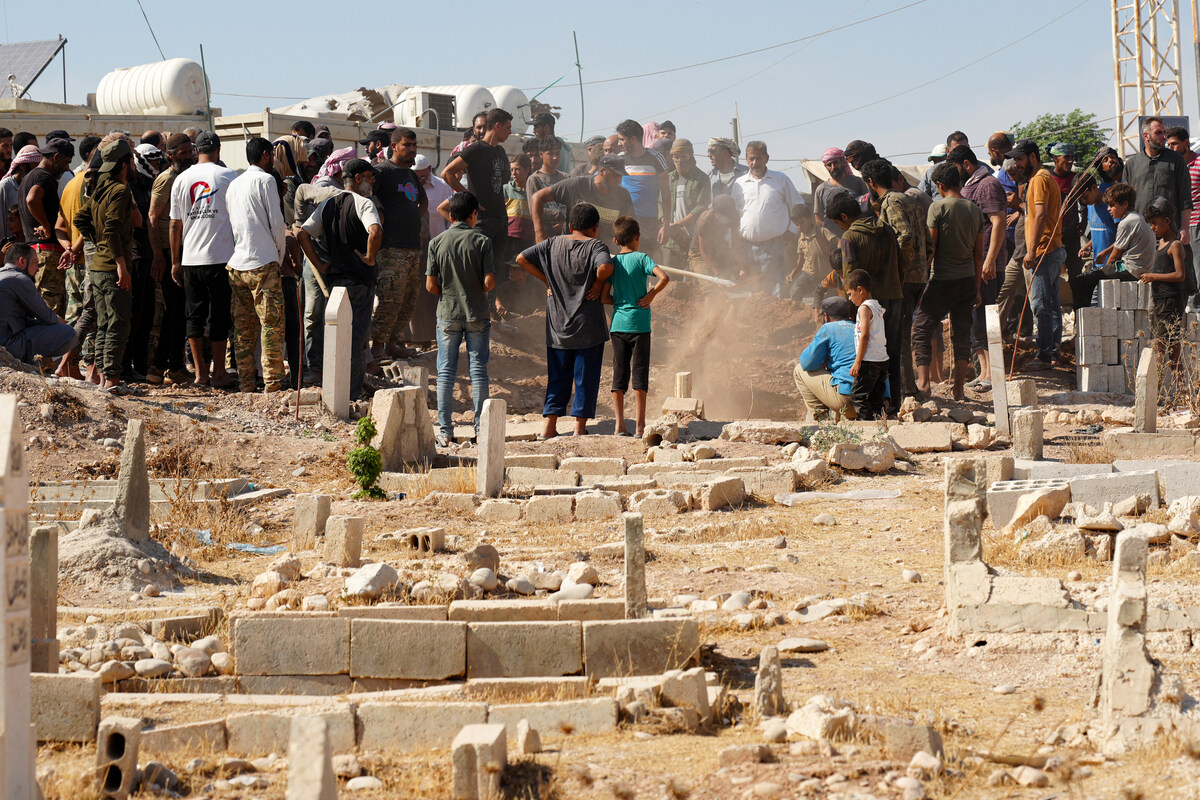Beirut, Lebanon – A Syrian Kurdish armed group attacked an area controlled by pro-Turkish fighters in rebel-held northern Syria on Monday, killing at least 14, a war monitor and a factional leader said.
The Kurdish Afrin Liberation Forces took advantage of factional fighting that broke out after midnight on the outskirts of Al-Bab in Aleppo province, the Syrian Observatory for Human Rights said.
With artillery support, the Kurdish group infiltrated the area, leaving “at least 14 dead” and others wounded in the attack, all pro-Turkish fighters, Observatory chief Rami Abdel Rahman reported.
The groups had been fighting over “control and influence” when the ambush happened, Abdel Rahman said.
The factional leader in the rebel-held area confirmed the death toll but told AFP the fighters were from a formation that had defected from pro-Turkish groups.
The Afrin Liberation Forces are made up of Kurdish fighters who were forced out of northwest Syria’s Afrin area in a Turkish offensive several years ago, and are now mainly present in northern Aleppo province.
Ankara has launched successive military offensives in Syria, most of them targeting Kurdish militants that Ankara links to the Kurdistan Workers’ Party (PKK), which has waged a decades-long insurgency against the Turkish state.
Its troops and their Syrian proxies hold swathes of the border, and Turkish President Recep Tayyip Erdogan has long sought to establish a “safe zone” 30 kilometers (20 miles) deep the whole length of the frontier.
Syria’s war began after the government repressed peaceful protests in 2011 and escalated into a deadly conflict that pulled in jihadists and foreign powers.
The war has killed more than 500,000 people, displaced millions and battered the country’s infrastructure and industry.
A 2019 Russian-brokered agreement saw Syrian government forces deployed along parts of the northern border area in exchange for Turkey halting an earlier offensive.








